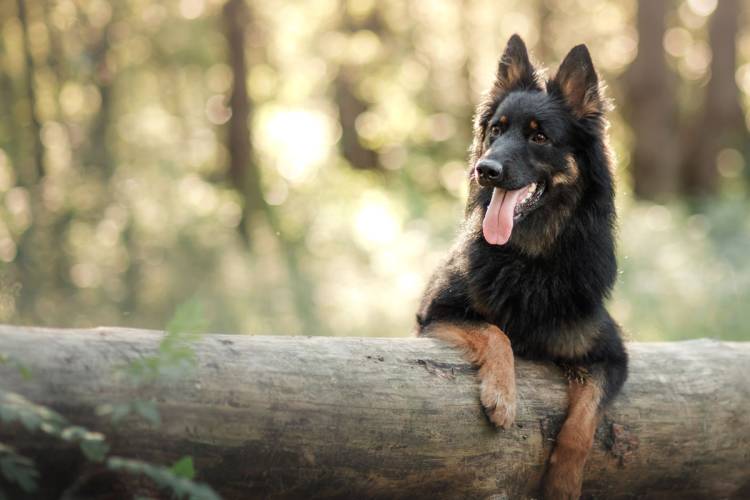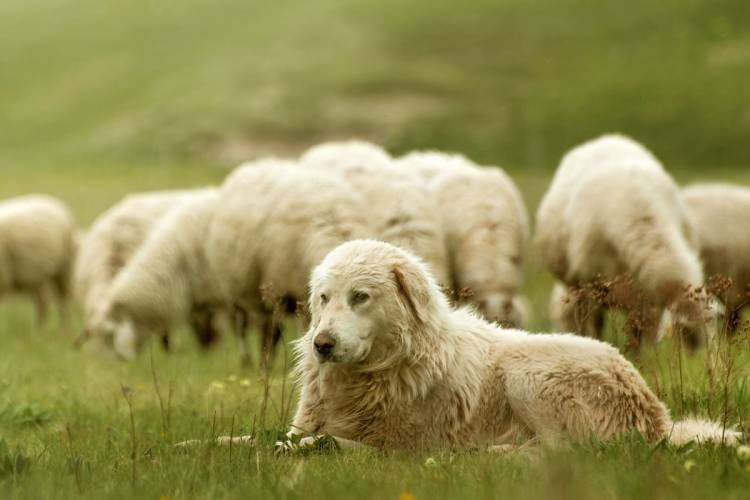The intelligence of dogs: what you didn’t know
The intelligence of dogs is fascinating. They have so many abilities that they can take part in special work, such as the with police force, shepherding, rescues and much more.
pets
Share

A dog’s level of intelligence
Traditionally, a dog’s intelligence has been measured by its abilities, its capacity for being trained and its obedience. However, these parameters limit the dog and, to measure their intelligence, we should also consider their instinct, their ability to adapt, their problem resolution, their emotional intelligence and lastly, their predisposition to work, to collaborating with humans and their obedience.
The work that a dog can do
There are many jobs that can be done by a dog, but it is important to point out that they should always do them in collaboration with their handler. A dog never works on their own and, in fact, the more links they have to their handler the greater their performance and possibility of success will be. But working dogs continue to be dogs and should have a normal family life, just as any other dog.
The tasks that they can do are many and can be divided into various groups:
- Therapy: used by professionals, they serve as a motivational element for people who need to follow a physical or emotional therapy. The dog lives with their handler and is taken to the place where the therapy is carried out.
- Assistance: they live with a person suffering from an illness or a physical or psychological limitation and help them to carry out daily activities, such as guide dogs or dogs for deaf people, who notify them when the doorbell rings, or those that are able to detect a rise or fall in blood sugar levels in people with diabetes.
- Service: used by security organisations, such as firefighters, police or NCP (National Civil Protection) to carry out tasks like the detection of narcotics, bombs or money. Dogs also search for people, whether using scent to find a missing person or by trailing to rescue people after a catastrophe such as an earthquake or landslide.
- Detecting diseases: through their scent, they are able to detect diseases such as cancer, for which they are used in research.
- Shepherding: they look after herds of animals, such as sheep, goats, cattle… in the rural environment.

The most intelligent dog breeds
Based on the history of each breed, their capabilities and innate abilities, some studies have created a list of the most intelligent breeds, such as the border collie, the poodle, the German shepherd, the golden retriever, the Doberman pinscher and the Labrador.
Some breeds that have traditionally been used for certain activities show a greater predisposition to carrying out that task in an instinctive way, and even without the need for training. This is the case of the border collie for shepherding, the mastiff for looking after a herd or protecting a place, the German shepherd or the Belgian Malinois for searching for people, the Bassett hound for any type of search involving a scent trail and the Newfoundland for rescuing people in the water.
The fact that some breeds preserve their instinct for some tasks means that, when training the animal, they are not only are happy to do this, but for them, it is a game that makes they enjoy.






